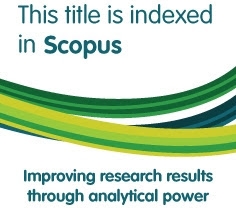Umat dalam Kontes Perumusan Identitas Muslim Filipina
Abstract
This theme is discerningly discussed by George C. Decasa, in this book derived from his doctoral dissertation, which he currently completed from the Gregorran UIniversity, Rome, Italy. Decasa begins his work with an over flowing elaboration of the word umma. He follows Fazlur Rabman's recommendation to study the meanings of umma in various Qur'anic verses in the order of their revelation to get a full understanding of the term. Decasa impressively uses a phenomenological approach in understanding the interpretation of Qur'anic exegesis of the word umma. Employing a contextual historical reading enables him to figure out the reflections of umma in some different particular historical contexts. In the context of the Qur'an, as shown in its varied commentaries, umma as a religious community, is likely open to various interpretations. In general, however, the term umma in the Qur'an reflects a reference to humankind as one community. The mainstream of belief in Islamic tradition is that God sent prophets to different peoples at different times, where they preached one religion and one religious community. In particular, the term umma may also suggest People of the Book (Ahl al-Kitab), Abraham and certainly Muslim community.
Full Text:
PDFDOI: https://doi.org/10.15408/sdi.v6i3.727
Refbacks
- There are currently no refbacks.

All publication by Studia Islamika are licensed under a Creative Commons Attribution-NonCommercial 4.0 International License.
Studia Islamika, ISSN: 0215-0492, e-ISSN: 2355-6145
View My Stats
